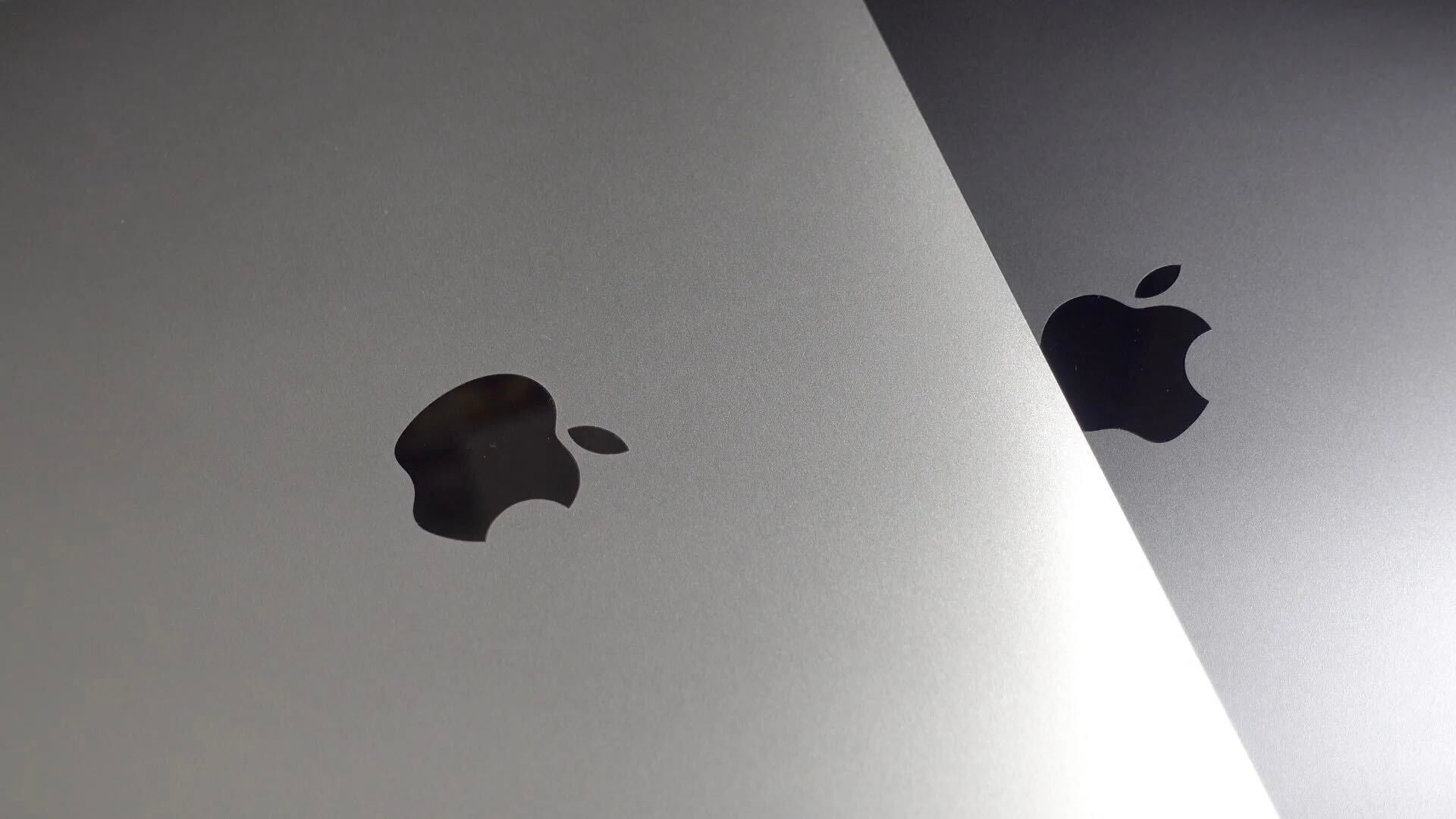After continued delays, Intel says 10nm Cannon Lake chips should be ready by late 2019

Earlier this month, Apple refreshed its MacBook Pro line with faster performance, but the company was forced to stick with 14-nanometer Coffee Lake processors due to delays from Intel. During its Q2 earnings call this week, however, Intel finally offered more details on when its 10-nanometer Cannon Lake CPUs will be available…



